I’ve been talking about motherhood a lot as of late, as well as the hardships of being a new mother. Mainly, I’ve been talking about the hardships of being a NEW mother. That’s because I’d recently gone through the first year of being a mother, and I survived it! I stated in a previous post that on my son’s first birthday celebration with my friends, I made a toast thanking my friends for helping me through those first 365 days, because there’s nothing harder than being a mother and surviving that first year. Little did I know that merely less than two months later, I’d see on the news that someone I was close friends with didn’t survive that initial first year. If you’d like to know more about what I’m talking about, please read the previous two posts AFTER you read this one.
Motherhood is the toughest job in the world. Suddenly, you have this little human that you’re responsible for for the next 18 years. Every little mistake you make can and will affect these little humans for the rest of their lives. That’s a lot to take in. And motherhood doesn’t end when the child turns 18. It’s FOR LIFE. With that being said, motherhood isn’t just the toughest job in the world, it’s the most selfless one as well. This even reminds me of what I said to a friend of mine when she said everyone should become parents and feel the joys a child brings to them. Part of my response was that sometimes the best thing to do is to be selfish and choose to live a child-free life when you know you’d be a sh*tty parent. The most selfish thing anyone could ever do is bring a life into Sometimes, the best thing you can do for yourself and for society is to be selfish. Life sure does work backwards sometimes, though. There are plenty of people out there who deserve to be parents, but end up living child-free lives for reasons that are out of their control, such as infertility. And then, there are people who really shouldn’t be parents, but ARE parents to their little offsprings, and terrible ones at that. A perfect example of such person is Gypsy-Rose Blanchard’s mother, Dee Dee.
Gypsy-Rose Blanchard has been on the news A LOT since December. She’s a young 32 year old woman who was released from jail in December 2023 after serving 8 years in prison for second-degree murder. Back in 2015, she, along with her then-boyfriend, Nicholas Godejohn, murdered Gypsy-Rose’s mother, Dee Dee. Gypsy-Rose was the mastermind behind the murder, whereas Godejohn was the one who’d done the deed by stabbing the victim multiple times. The motive for the murder was for Gypsy-Rose to escape the abuse she endured by her mother, the one person that was supposed to protect her.
Munchausen syndrome by proxy – parental abuse where a parent exaggerates or completely makes up their child’s illness for their benefit. That in itself is a mental health disorder, and is typically seen in the mothers being the abusers. It can be resulted from pregnancy complications or the mother being abused as a child. Also known as fabricated or induced illness by carers, and first known as Munchausen syndrome by proxy, is what Gypsy-Rose Blanchard endured at the hands of her mother. The abuse was torturous. So much so that prison seemed like a breeze compared to the abuse she endured at the hands of her mother.
A week after her release, Blanchard sat down with ‘A&E True Crime’ for an interview to talk about what life was like behind bars and what she saw for herself in the future now that she’s a free woman – free of prison AND her mother. Here’s how it went:
Most people find prison extremely limiting. But the life you led before with your mother seems like it was quite restrictive in its own right. In what ways was prison better and worse for you than home?
I think prison was better for me because I got to discover who I am as a person.
And what did you discover?
Self-worth was probably the most important thing. I participated in several classes… but it was more the overall experience of it. I got a chance to associate with adults around my age. To learn from them. To grow.
You had no regular interactions with your age group before prison?
No. My mother actually lied about my age several times. When I was 24, my mother told some people I was 12—so that was a pretty big age gap. And she would give different ages to different people.
So what kind of things did you learn to do in prison, that you couldn’t before?
I was able to really dive deep into my education. I came into prison with a second-grade education. So I studied and got to build my vocabulary. And I got to watch TV—different educational shows.
In your learning, was there a topic you found particularly interesting?
Relationships. The ins and outs of interpersonal relationships.
What about in the week since you’ve been released from prison? I know that’s been a much shorter period of time, but there are things you’ve learned this week?
Yeah! I cooked a meal with my husband for the first time. And part of me was like, ‘Did I just do that?’ Because I really felt like I didn’t have the confidence to do this.
We had grilled chicken, corn, a pasta dish. We had a couple of little ‘oopsie’ moments, where I put too much milk in or whatever, but it was great.
I’m glad you mentioned him. You married your spouse, Ryan Scott Anderson, while incarcerated. What attracted you to him?
Ryan and I first started talking in 2020, when the COVID pandemic was going on.
I had received hundreds of letters from supporters. A lot of it was male attention. But I saw his envelope, and saw he was from Louisiana. And I was pretty much born and raised in Louisiana, so I thought, ‘Hey, I probably know where this guy grew up.’ I thought we would have a lot in common.
At first it was more…friendship.
Did you know what he looked like, though?
Yes. People could send pictures.
We spent tons of time talking on the phone…and he would make me laugh any time I was sad. I loved that about him. And I think there was this moment, when he was going to dinner with his cousin, who was visiting. I had been calling him every night, and that night he had forgotten his phone at his house, so he went back home from the restaurant, in the middle of dinner, to get the phone, because he knew I’d be calling.
I think that’s when the first attraction started. I really just started to see his heart.
Since getting out of prison, you’ve talked about how you want to use your public profile to ‘make a change’ in the world. What kind of change?
I think that doctors…are not fully educated to the best of their ability on Munchausen by Proxy syndrome.
Mothers have reached out to me via social media, expressing how a doctor or psychologist had placed that diagnosis on [their child] and almost got their child taken away. For a false diagnosis.
But then you also have my side of things. I was failed by the medical system. I slipped through the cracks in every single system that’s meant to prevent these types of things from happening.
So there needs to be a balance.
I just got out of prison, but I’m trying to educate myself on what laws are in place and to know what needs to change.
What would you say to someone suffering from Munchausen by Proxy right now?
The advice that I would give is: Please tell someone. Even if you don’t think they will believe you. It doesn’t have to be someone close.
However, if there is just someone that you trust, even a little bit, tell someone and really know that you’re not alone. There will be people that can help you out.
Because I share my story to be a cautionary tale. I did things the wrong way.
What about advice for someone who suspects that somebody they know is a victim?
I would definitely say if you’re a medical professional or even if you’re just a neighbour… it’s worth reporting it. If you have a suspicion that something is not quite right, report it.
You have no idea how many people told me after the fact, ‘I thought something wasn’t quite right. I really had this feeling. I just didn’t want to upset the situation. I didn’t want to upset your mom.’
THE TAKEAWAY
If we go back to my friend’s point that everyone should be a parent so that they can feel the joys a child brings, we can assess this specific statement and base it on Gypsy-Rose’s life. Not everyone should experience parenthood, and if we’re being completely honest, not everyone deserves to be parents. Dee Dee, Gypsy-Rose’s mother, would’ve been better off if she didn’t have any children. At the same time, I understand why she did. She might’ve been abused. She wanted to have someone to take care of like she wasn’t taken care of. But it backfired. In a sense, I think she did what she did to Gypsy Rose because she didn’t want her daughter to ever leave the nest, because if she left the nest, she’d be left all alone.
I’m in no way giving an excuses for the abuse. I’m merely giving an explanation for it solely based on my assumptions. Dee Dee’s father and stepmother flushed her ashes in the toilet and said to the media that her fate was deserved following her death. They also defended Gypsy-Rose and said that she served her time and needed to live her full life. Gypsy-Rose’s father was more forgiving towards Dee Dee, however. He was 17 year old when he and Dee Dee got married. Dee Dee was a 24 year old adult woman, which that in itself is abuse towards a minor. With that being said, Gypsy-Rose Blanchard was born into abuse, and she was born to be abused. She was born with the intention to be abused.
Parental abuse is the work kind of abuse anyone could ever experience. It leads to so much trauma and life tragedy. Dee Dee is that perfect example of what abuse can do to someone in adult years and how it can affect others in the future. Gypsy-Rose didn’t deserve to live the life that she did. She didn’t ask to be born to such scrutiny. The only medical condition she has is a lazy eye, and yet her mother, her own flesh and blood and the one person that was supposed to be the reason for her success and wins in life, made her out to be a disabled child when she was already a young adult. Dee Dee had been making her daughter pass herself off as younger and pretend to be disabled and chronically ill, subjecting her to unnecessary surgery and medication, and controlling her through physical and psychological abuse.
Many people, including her family, had confronted Dee Dee for the way she treated Gypsy-Rose, but many also accepted it for what it was and as being true. It benefited both Dee Dee and Gypsy Rose as efforts were being made for them by charities such as Children’s Mercy Hospital, Habitat for Humanity, Ronald McDonald House, and the Make-A-Wish Foundation. And that’s exactly the problem. But that’s exactly the problem. It’s either people are too afraid to admit they see a mother abusing her child, or they’re too blinded to admit they see a mother abusing her own child, or too naive to admit they see a mother abusing her own child. OR they don’t understand the signs of abuse. No matter who are, whether we’re people in the medical profession such as those who ‘treated’ Gypsy-Rose, or regular people on the streets, such as neighbours, we all need to start paying attention and not stay in silence. Gypsy-Rose’s life could’ve turned out much different if only had someone, ANYONE, had reported what they saw.
Dee Dee certainly didn’t deserve to die. Murder is wrong. Gypsy-Rose said it herself during her interview on ‘The View’. She’s remorseful and regrets killing her mother; she regrets even coming up with the idea of killing her mother. There are certainly other ways to get out of a situation such as this. But Gypsy-Rose wasn’t being seen; she wasn’t being heard by anyone, and that’s the real issue. Marc Feldman, an international expert on factitious disorders, said this was the first case he knew of in which an abused child killed an abusive parent. And here’s now hoping that, now that we have more information and resources, it’ll be the last.
Sign up to our newsletter if you want to see more content from The Graceful Boon! By signing up to our newsletter, you'll get an even more in-depth content from yours truly, Stacie Kiselman, who's our Graceful Boon, that you won't want to miss out on.

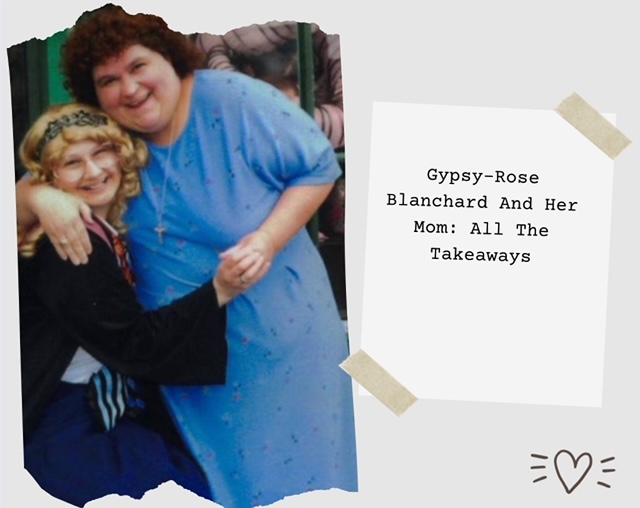

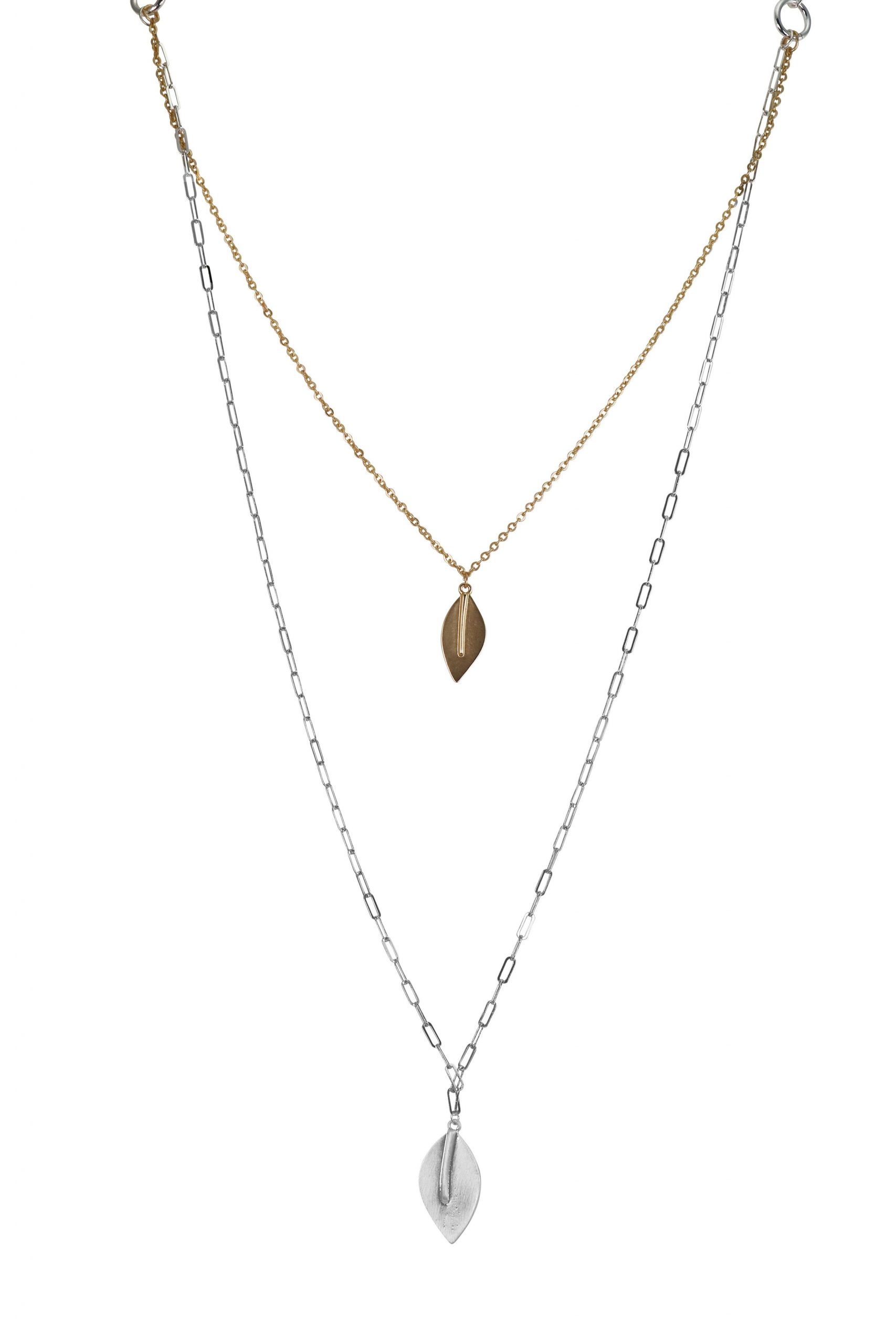
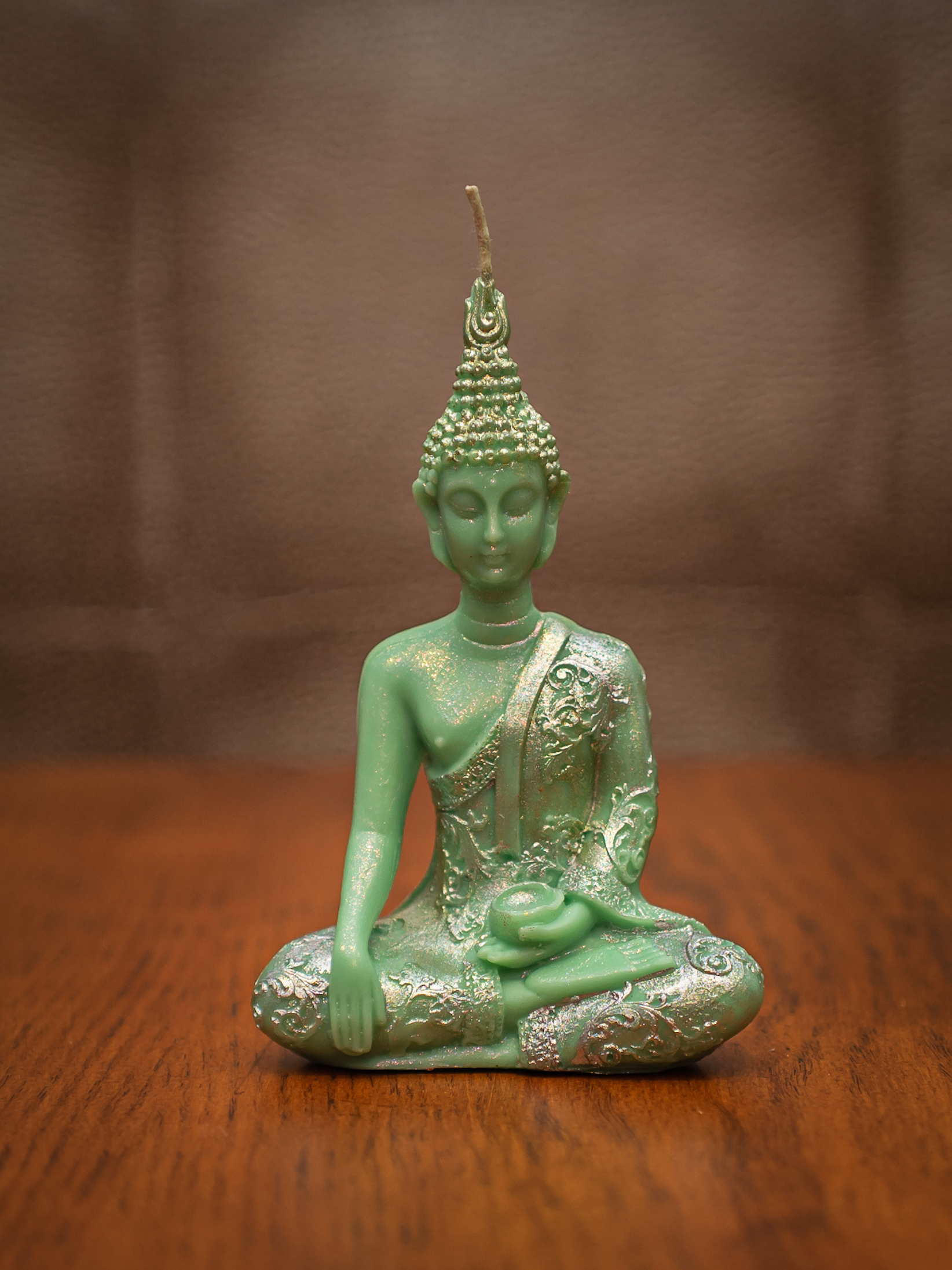

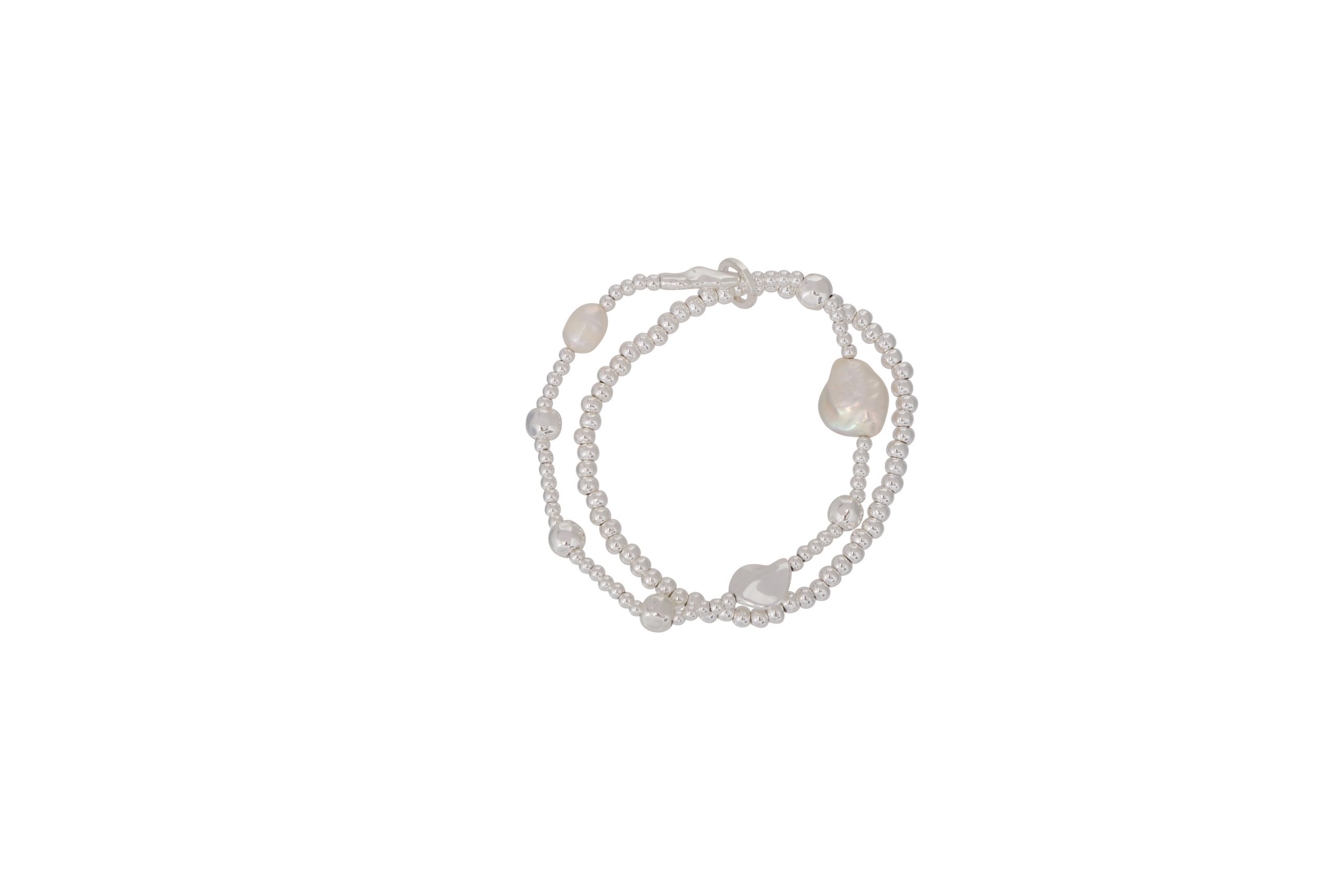
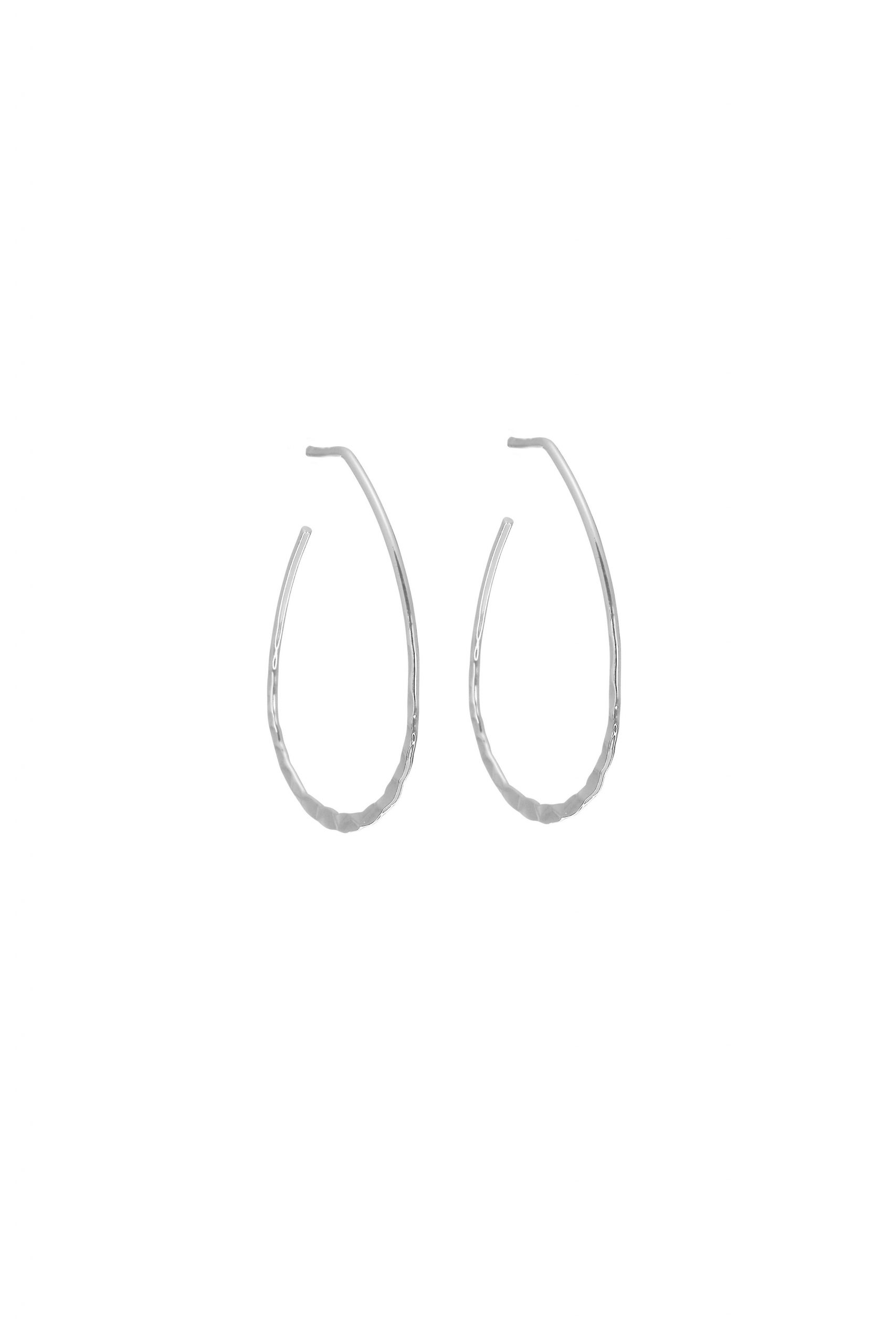
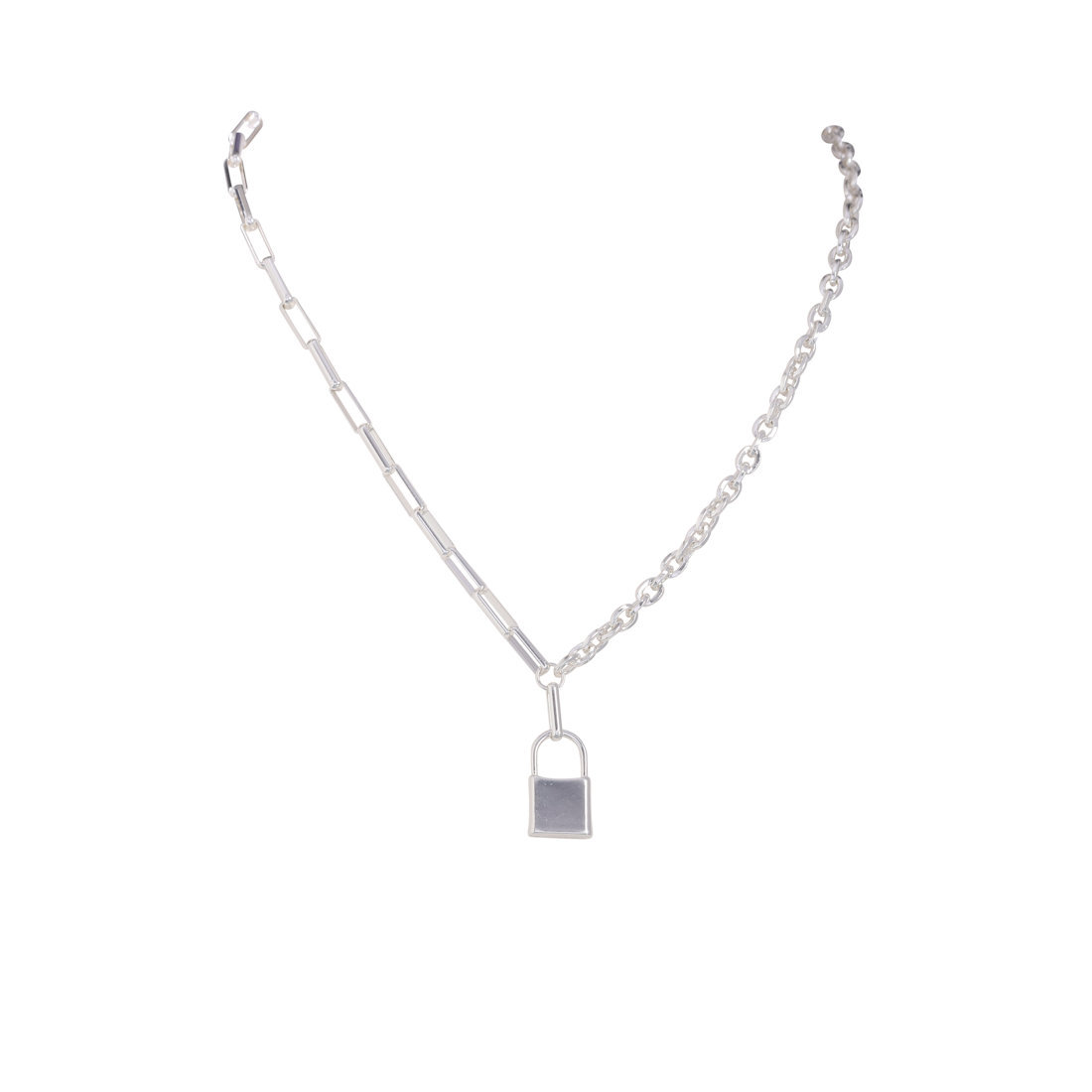
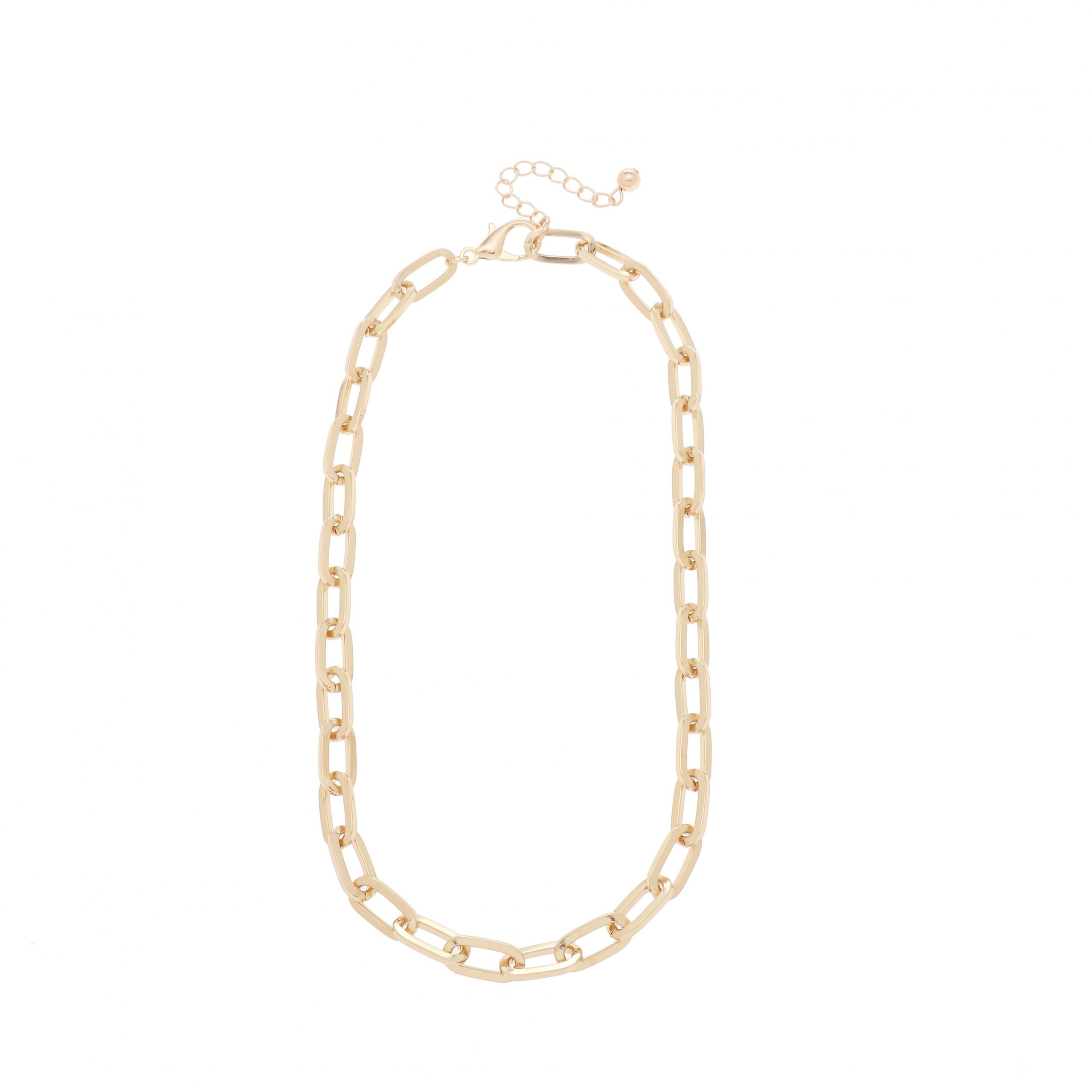
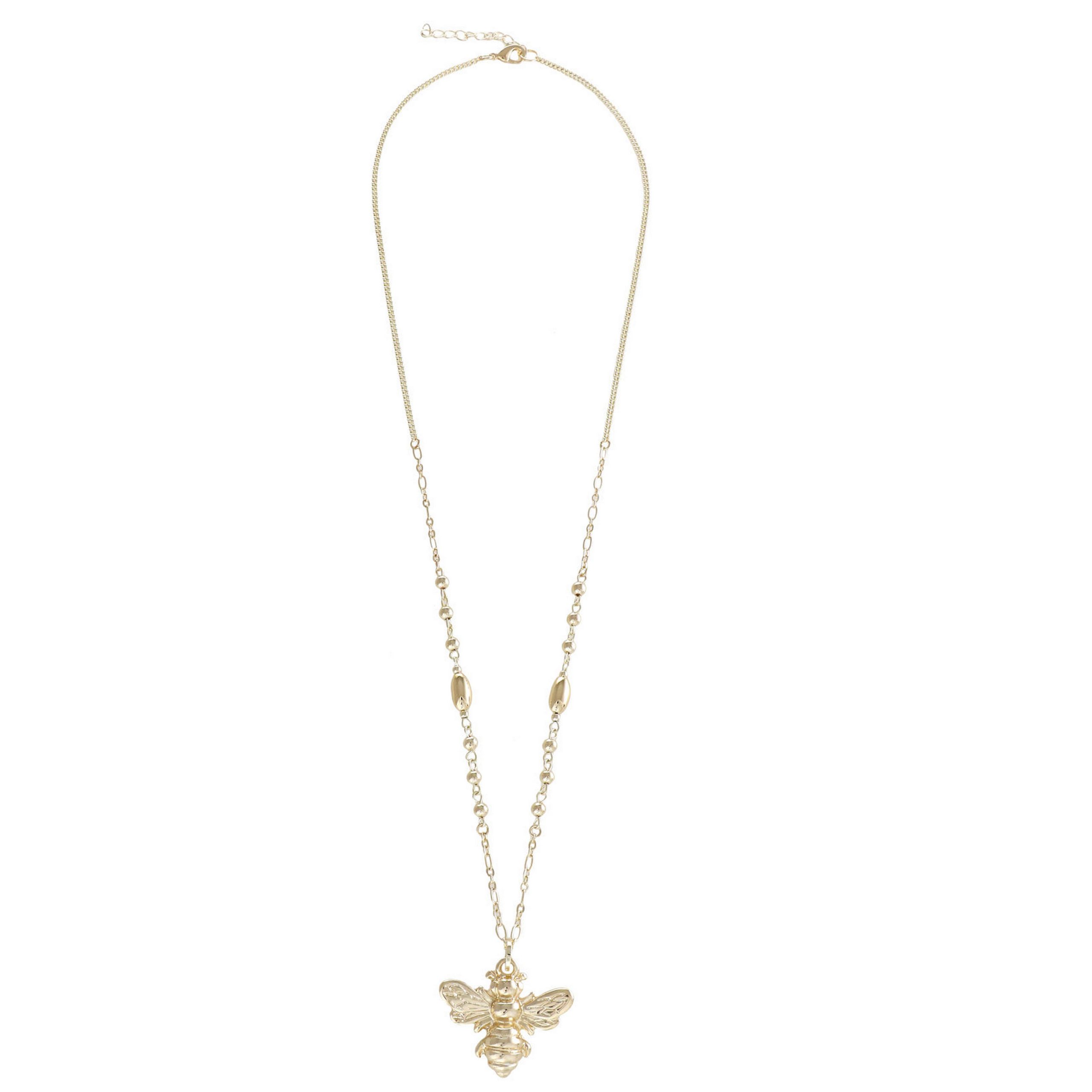
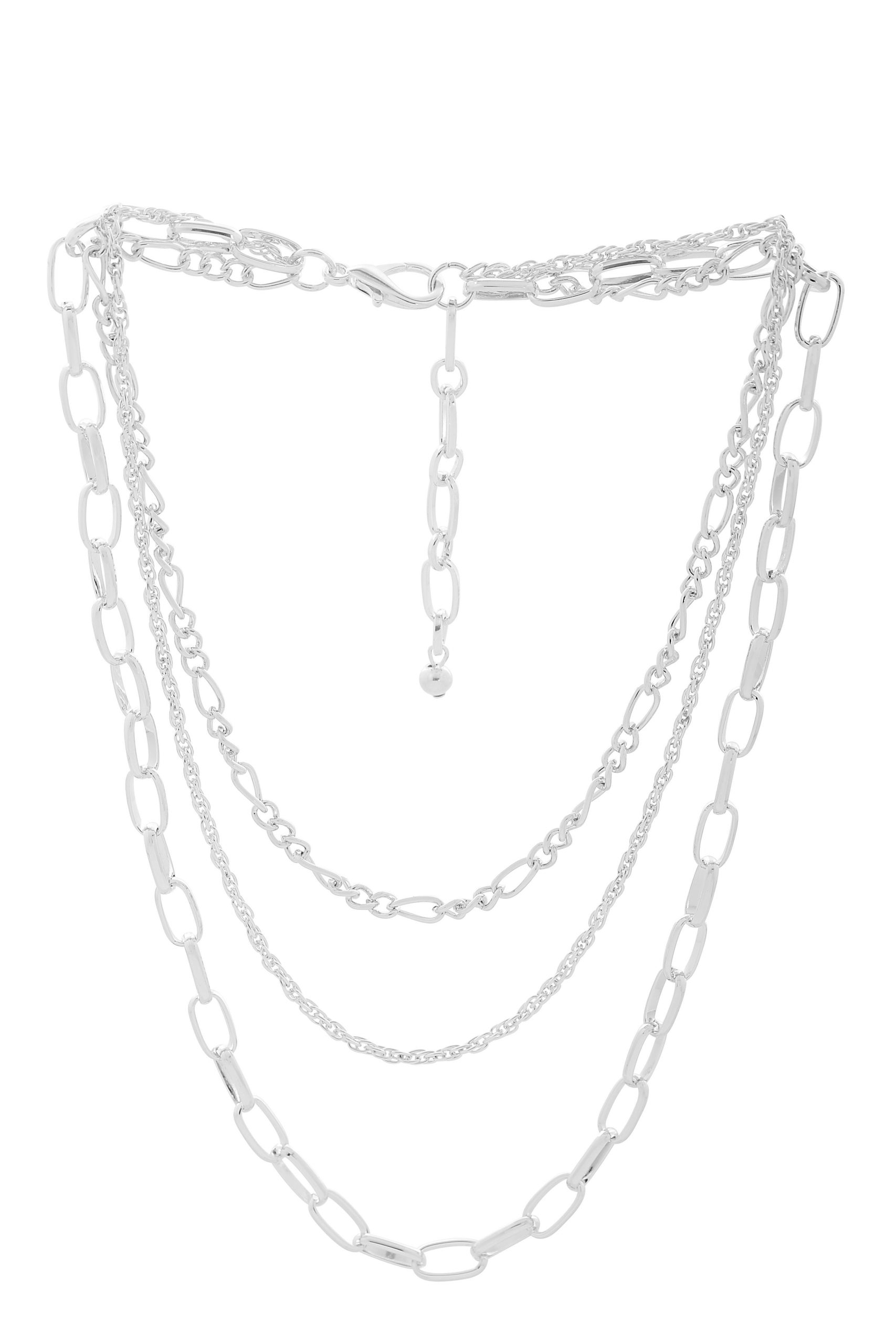
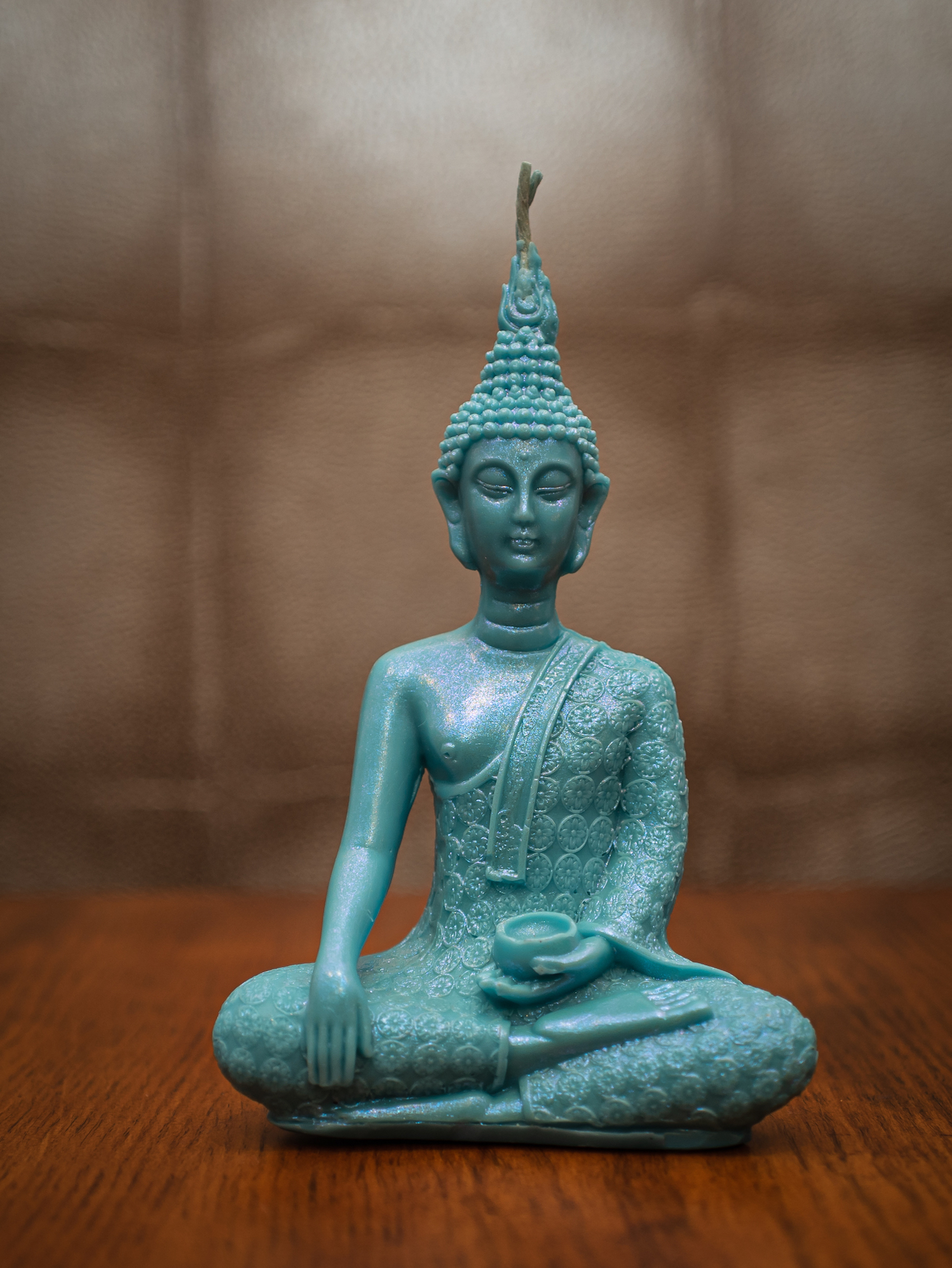

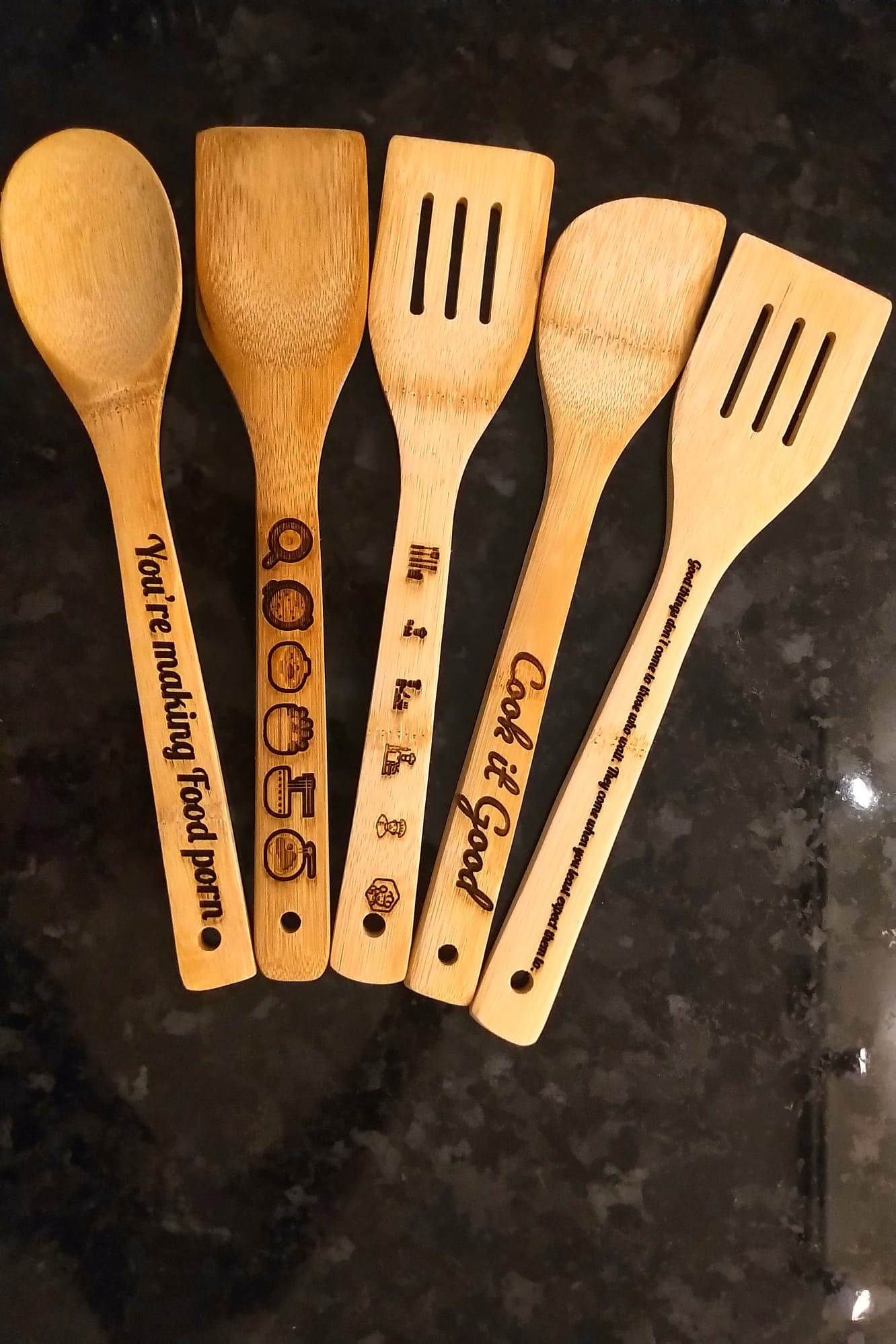

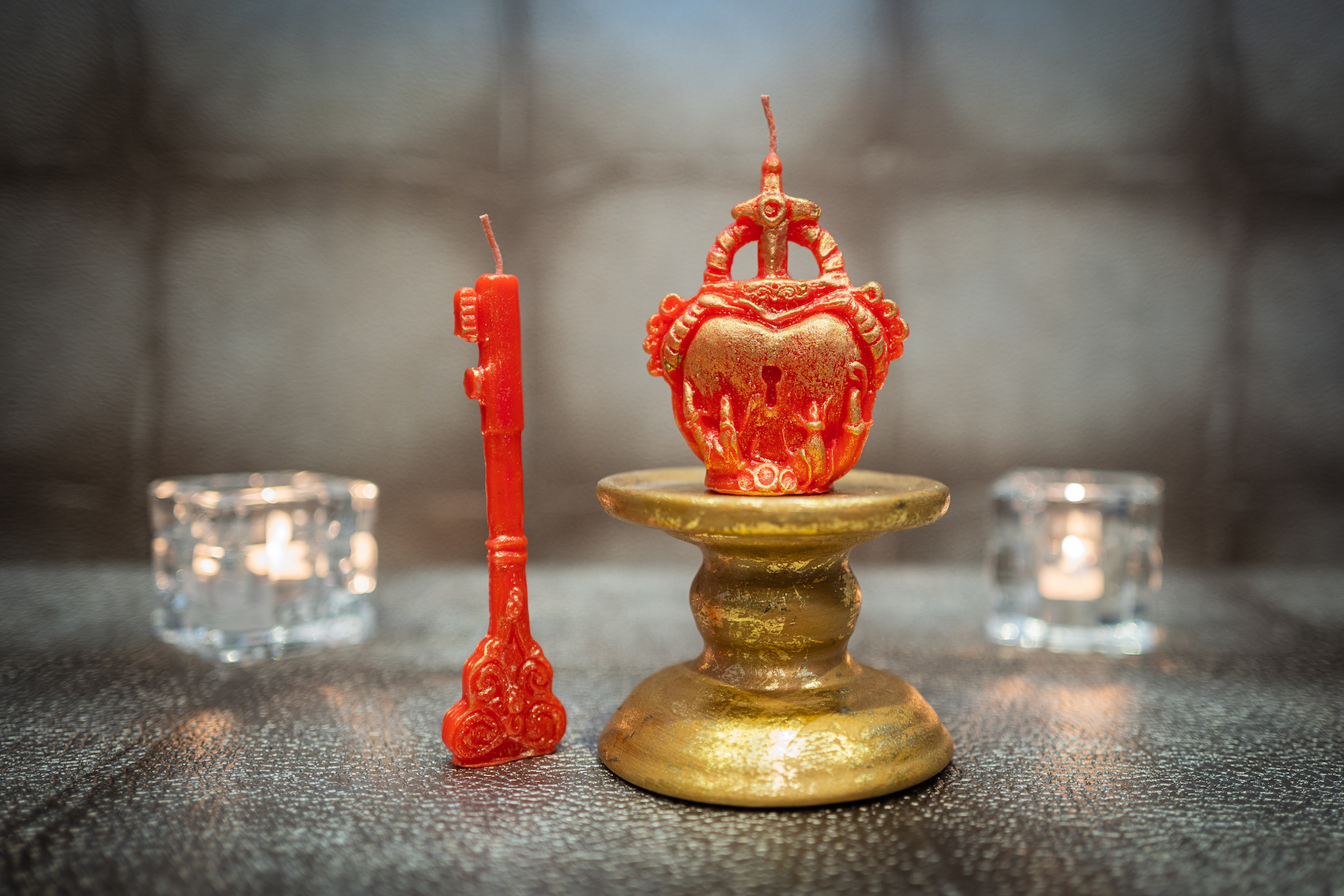

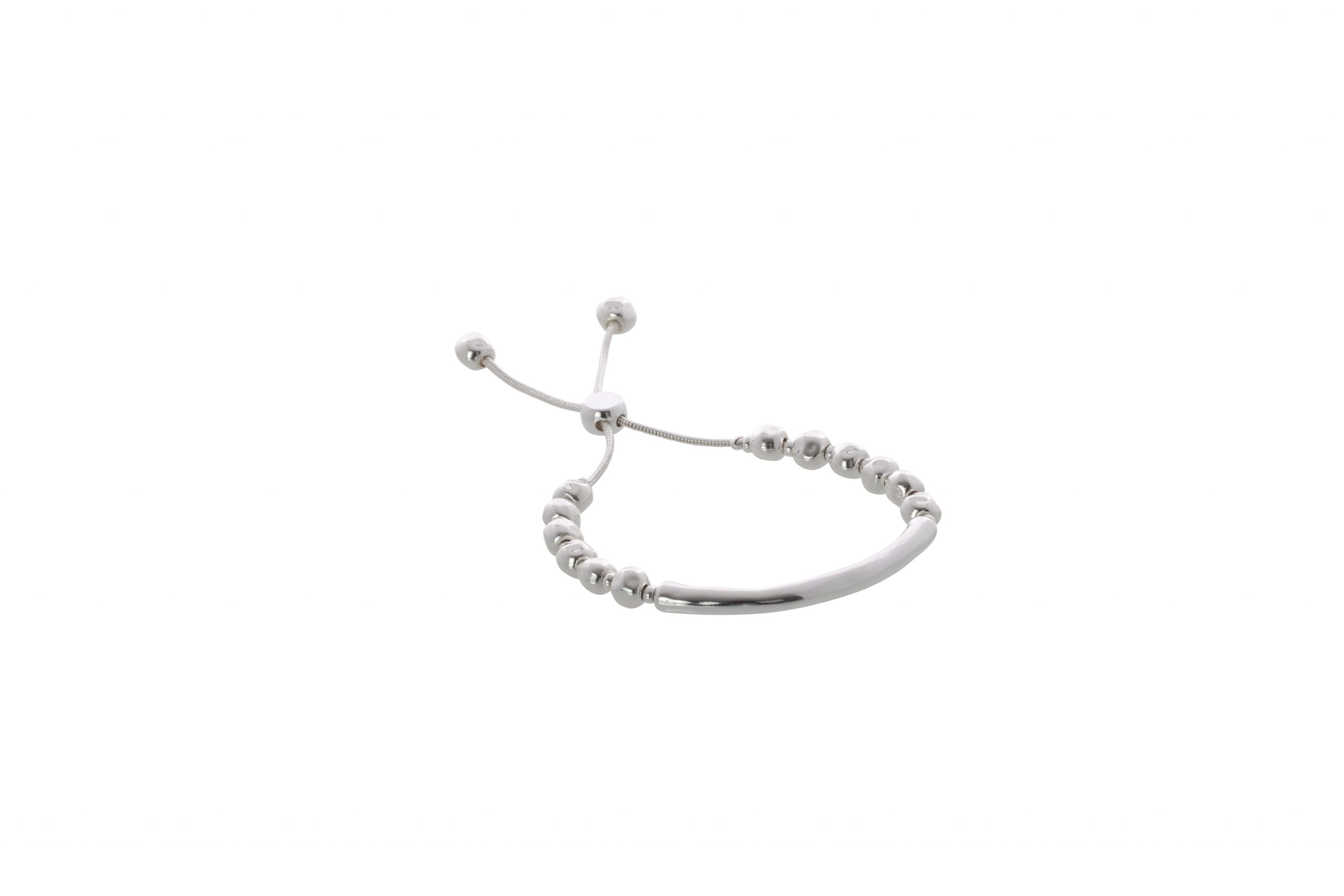

What a great story about self-worth. It was so inspiring to hear she flourished in prison. I love reading your posts, and look forward to the next one!
Great takeaways in this post. It’s like why have the child if you were just going to abuse her? But this is where the mental health aspect comes in, and maybe DeeDee didn’t know how to control the feelings associated with her daughter leaving.